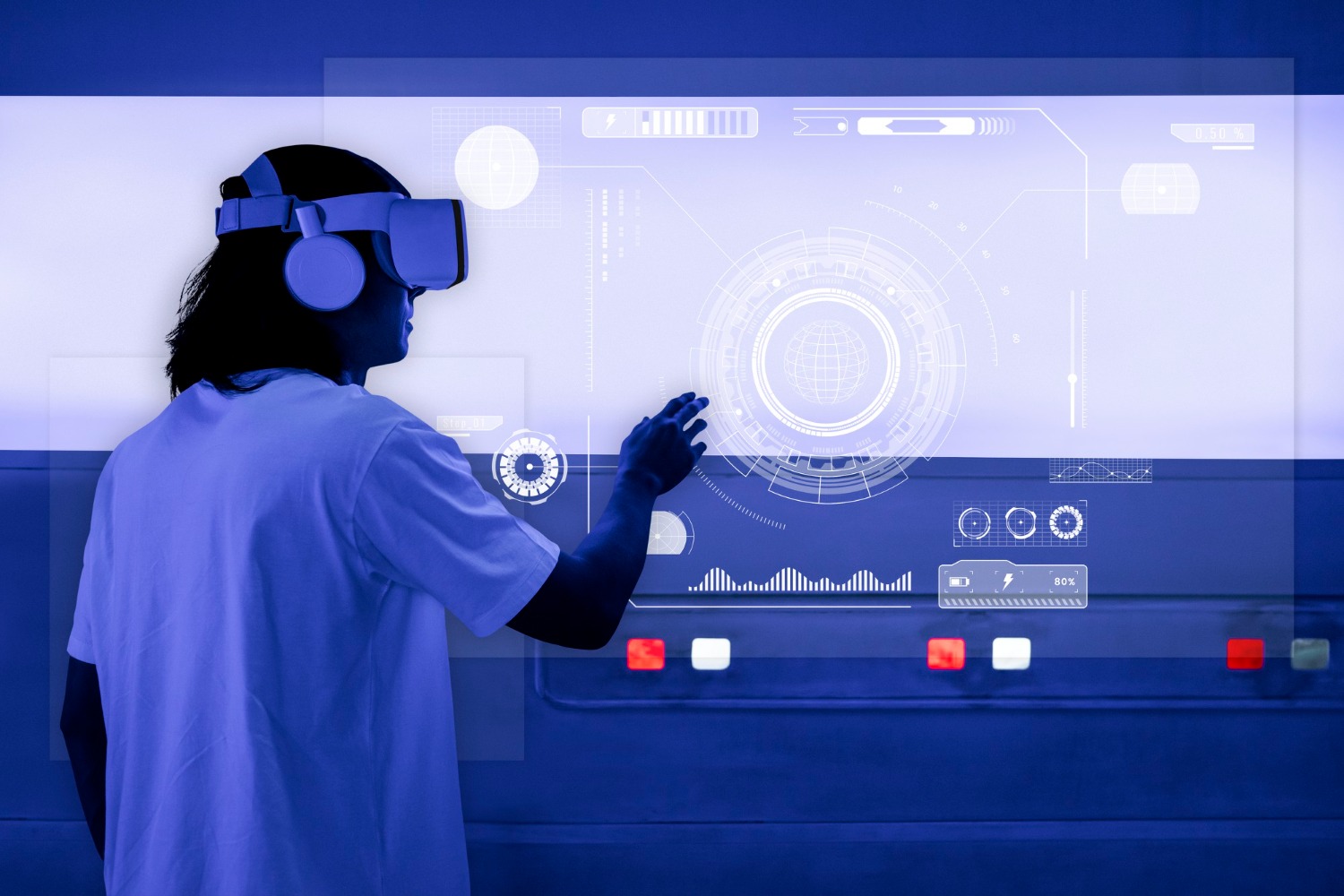Where AI-Powered Chatbots Can Enhance Productivity
AI-powered chatbots are transforming the way businesses operate, streamlining processes, and enhancing productivity across a variety of sectors. From automating customer service to managing internal workflows, chatbots powered by artificial intelligence are no longer a futuristic concept but an integral part of daily operations in companies worldwide. As AI technology continues to evolve, chatbots are being deployed in ways that increase efficiency, reduce costs, and deliver more personalized experiences. This article explores where AI-powered chatbots are enhancing productivity across multiple sectors.
1. Customer Service: Automating Support and Improving Response Time
Customer service is perhaps the most prominent area where AI-powered chatbots are making a significant impact. Companies are increasingly turning to chatbots to handle routine inquiries, provide instant support, and resolve issues in real-time. By leveraging natural language processing (NLP) and machine learning, AI chatbots can understand and respond to customer queries with human-like accuracy, offering 24/7 assistance without the need for human intervention.
Chatbots are particularly useful in high-volume customer service environments. For example, telecommunications companies often face large numbers of inquiries ranging from service outages to billing questions. By automating these tasks, chatbots can handle basic issues, allowing human agents to focus on more complex queries. This not only enhances productivity but also shortens response times, leading to higher customer satisfaction.
Additionally, AI chatbots can analyze previous interactions to provide personalized experiences, ensuring that customers receive the most relevant information every time they engage with the system. This improves the overall quality of customer service and makes businesses more responsive to customer needs.
2. E-Commerce: Enhancing User Experience and Driving Sales
In the e-commerce sector, AI-powered chatbots are helping businesses streamline their operations and improve user experience, ultimately boosting sales. Chatbots are used to assist customers with product recommendations, guide them through the purchase process, and provide real-time support during transactions.
By integrating chatbots with customer data, businesses can offer personalized product recommendations based on browsing history, past purchases, or preferences. This level of personalization helps companies improve conversion rates and increase sales. Chatbots can also handle a variety of customer inquiries, such as checking product availability, tracking orders, or processing returns, which relieves human customer service agents of repetitive tasks and enables them to focus on more intricate issues.
Moreover, AI chatbots can provide quick responses during busy shopping seasons, such as holidays or sales events, when customer inquiries typically spike. With chatbots handling these requests, businesses can ensure that customers receive prompt assistance, which may help reduce cart abandonment rates and enhance overall customer satisfaction.
3. Healthcare: Streamlining Patient Interactions and Administrative Tasks
In healthcare, AI-powered chatbots are being used to streamline patient interactions, administrative tasks, and appointment scheduling, leading to improved productivity for healthcare providers. Chatbots can act as virtual assistants, answering common patient questions about medical conditions, symptoms, or medication side effects. This frees up healthcare professionals to focus on more complex or urgent cases.
One of the most significant applications of chatbots in healthcare is appointment scheduling. Patients can interact with chatbots to book, reschedule, or cancel appointments, as well as receive reminders about upcoming visits. This reduces administrative burdens on staff and minimizes the likelihood of missed appointments, leading to better time management and improved patient care.
AI chatbots can also be used for initial diagnostics, guiding patients through symptom-checking processes before recommending the appropriate next steps, whether it’s a telemedicine consultation or an in-person visit to a healthcare facility. By providing fast responses and real-time support, healthcare chatbots ensure patients receive timely and accurate information, improving their overall experience with the healthcare system.
4. Human Resources: Automating Recruiting and Employee Support
Human resources (HR) is another sector where AI-powered chatbots are driving productivity improvements. In recruitment, chatbots can assist with screening resumes, scheduling interviews, and answering candidates’ questions about job openings. This automation significantly reduces the time HR teams spend on administrative tasks, allowing them to focus on higher-value activities like interviewing top candidates and making strategic hiring decisions.
AI-powered chatbots can also help with employee onboarding by guiding new hires through the process, answering questions about company policies, and helping them complete necessary paperwork. Additionally, chatbots can serve as employee support tools, offering information about benefits, payroll, and company resources, ensuring that employees have access to the answers they need without having to wait for HR staff.
By streamlining HR tasks, AI chatbots enable companies to reduce administrative overhead, speed up the hiring process, and provide more efficient employee support, which ultimately increases productivity across the HR function.
5. Financial Services: Automating Transactions and Improving Client Engagement
In the financial services sector, AI-powered chatbots are transforming how customers interact with banks, insurance companies, and investment firms. Chatbots can automate tasks such as checking account balances, transferring funds, processing payments, and even providing investment advice, all through natural language interactions.
For example, banks use chatbots to answer common customer questions about products and services, provide real-time account updates, and assist with routine transactions. This reduces the need for human agents to handle repetitive tasks, allowing them to focus on more complex financial issues. By using chatbots to handle day-to-day customer inquiries, financial institutions can improve response times and reduce operational costs.
Chatbots are also being used to enhance client engagement by offering personalized recommendations based on individual spending habits, financial goals, and market trends. This level of personalization not only improves the customer experience but also helps financial institutions build stronger relationships with their clients.

6. Education: Assisting with Learning and Administrative Processes
In education, AI-powered chatbots are enhancing productivity by providing students and teachers with instant access to information. Chatbots can answer questions about course materials, deadlines, and assignments, acting as virtual teaching assistants. For students, this means immediate support outside of class hours, allowing them to continue learning at their own pace.
Chatbots can also assist with administrative tasks, such as scheduling classes, providing reminders about upcoming exams, and offering information on enrollment procedures. For educational institutions, this reduces the workload on administrative staff and ensures that students receive timely and accurate information, improving the overall learning experience.
Conclusion: The Power of AI Chatbots Across Sectors
AI-powered chatbots are rapidly becoming a key tool for enhancing productivity across a wide range of sectors. By automating routine tasks, providing personalized customer experiences, and improving operational efficiency, chatbots are helping businesses save time, reduce costs, and deliver higher-quality services. As AI technology continues to advance, the role of chatbots will only grow, creating even more opportunities for industries to harness the power of automation and improve productivity.
The future of work is being shaped by AI chatbots, and companies that adopt and integrate this technology will be better equipped to compete in an increasingly fast-paced, data-driven world.




